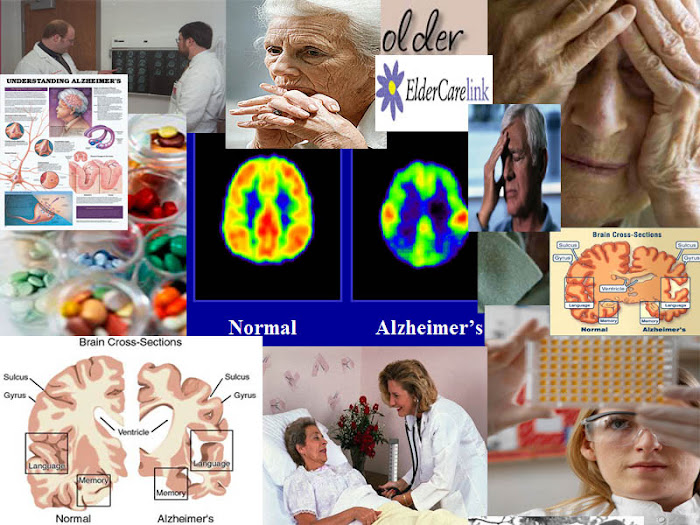This weeks going kind of slow for me, probably because I got off to a slow start this week. It seems as though my core classes and honors classes are beginning to run a muck and interfering with my rest. However, today I was capable of getting over my fatigue and getting some work done on my Webliography.
Sometime last week I recieved a packet of paper work from Mrs.Peck for my intership at Canterbery Place. I was excited to get that filled out and back in her hands. On the packet it said I would have an interview with im guessing my mentor, on February 17th. Im a little worried, not for my interview but mainly because ill be missing PSSA testing that day and I think that week is the week of the Reading and Math tests.
Im sure i'll be okay. Grad-Projects going great, along with everything else. I believe this trimester is the first trimester in my whole three year career in highschool that I have managed to recieve all A's on my assignments and in classes. I just hope I can keep up with this hectic schedule of mine. Reading three different books, two of those books have a tendency to get less interesting at times, its hard. but some how, I think ill manange.
:) :) :) :) :) :) <:<: <><:<: :):) :) :) :) :) :)
Subscribe to:
Post Comments (Atom)
Key Terms
- 1. Warning Signs: There are 10 classic warning signs of Alzheimer's disease, which include: memory loss, Difficulty performing familiar tasks, problems with language, disorientation to time and place, poor or decreased judgment, problems with obstract thinking, misplacing things, changes in mood or behavior, changes in personality, and loss of initiative.
- 2. Targeted Victims: Most patients with Alzheimer's disease are over 65 years of age.
- 3. Research: Researchers have learned most of what they know about Alzheimer's disease in the past 15 years. Researchers are looking for new treatments to alter the course of the disease and improve the life of the people with dementia. Healh professionals divide symptoms in "Congative, Behavioral and mental" this will help detemine which treatment is best to use in the different cases.
- 4. Counseling: Caring for the caregiver is an essential element of managing the patient with Alzheimer's disease. Caregiving is a distressing expeirence. On the other hand, caregiver education delays nursing home placement of Alzheimer's disease patients. (The three(3) R's: "Repeat, Reassure, and Redirect.") These can help caregivers reduse troublesome behaviors and limit the use of medications.
- 5. Treatment: There is no cure for Alzheimer's disease but there are drug and non-drug treatments that can help with both "Cognitive" and behavioral symptoms.
- 6. Alzheimer’s Disease: Is a brain disease that destroys brain cells which causes problems with memory, thinking and behavior. It is sever enough to affect work, lifelong hobbies, or social life. It gets worst over time, and is fatal. It is the sixth-leading cause of death in the United States.
Helpful Links
- Alzheimer's Association
- Alzheimer's Disease Research
- Alzheimers association:AD Facts & Figures
- Class Blog Center
- HelpGuide: Caregivers Guide
- HelpGuide: What Care Givers Need
- Knowing The Stages of Alzheimers
- Making the Diagnosis
- Managing Alzheimer's with Combination Care
- MedicineNet: Symptoms,Diagnosis,& Treatment (AD)
- Namenda: AD and Its Effects on The Brain
- Namenda: Symptoms & Stages
- National Institute of Aging
- Stages of Alzheimers
- WebMD
- What is Alzheimers
- wikipedia: AD Caregiving and Dementia
- Wikipedia:AD

No comments:
Post a Comment